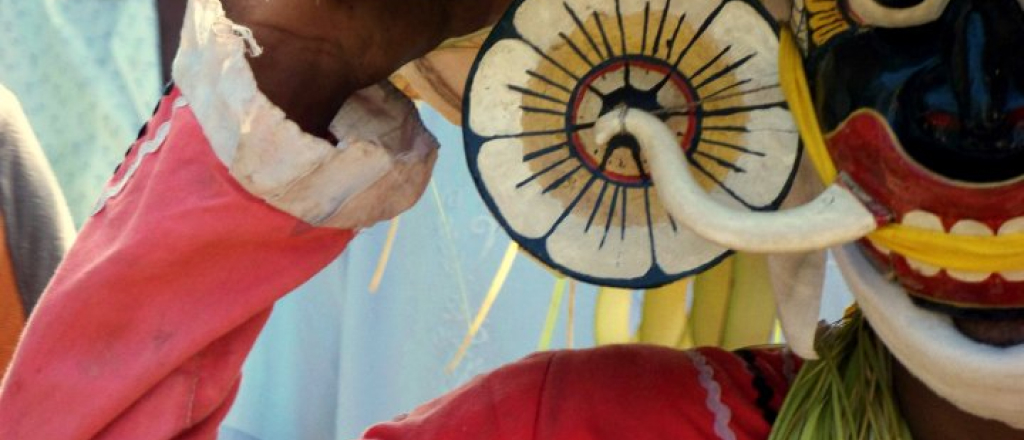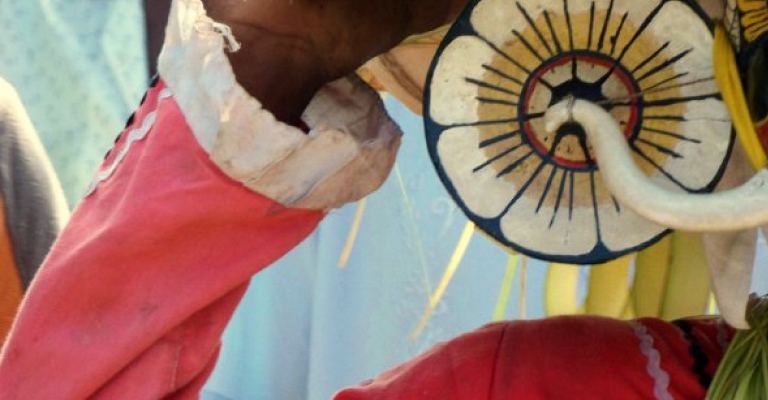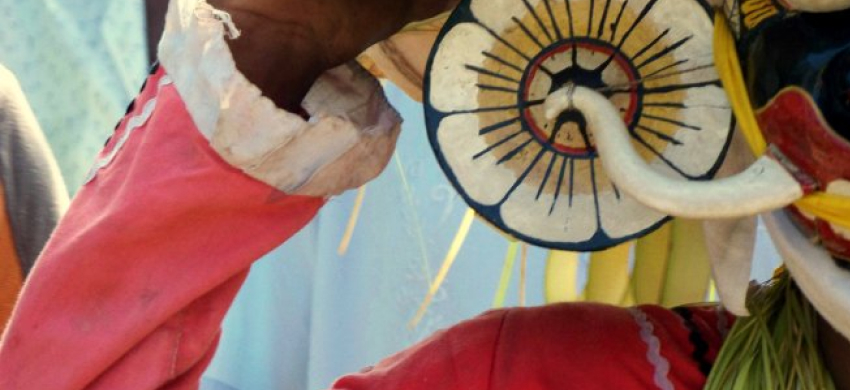Anthropology capstone projects may be based on experiential and field research utilising ethnographic or other methods, or they can be based on published or unpublished texts, archival, historical, visual, linguistic, musical or other materials. It might involve folklore or museum studies, oral history, historical analysis of anthropological writings, archival work, interviews and/or field research, or a combination of qualitative and quantitative methods. They will all include some written component, but may involve other appropriate formats including, sound recordings, visual media, virtual demonstrations, material culture exhibits, etc., or a combination.
During Year 4, students will take two capstone courses.
- In Semester 1, students will develop a formal prospectus, timeline, and bibliography, and carry out the research component of the project in consultation with the supervisor. The project may build on a project from Year 3, study abroad, summer research or another course. However, empirical research of some kind must occur during the capstone year as an addition to or in order to augment work completed in Year 3.
- During Semester 2, students will meet with the supervisors and/or other mentors and supervising committee members only. Arrangements should be made between students and supervisors regarding the scheduling of consultations, additional readings as students move forward in completing their projects. The final project–regardless of its initial form as an exhibit, film, paper etc.—will take the form of a written capstone report (max 10,000 words) that demonstrates the student’s ability to think broadly and critically about their particular anthropological project and about anthropology in general. For students who have done ethnographic or archival research, the capstone report will likely take the form of an academic research paper. For other sorts of projects (e.g., exhibitions or ethnographic films), the report may be a shorter analysis or reflection on the project and its anthropological significance.
To get a sense of past Anthropology capstone projects, this is an indicative list of the wide range of topics studied by our former students:
- An Anthropological Perspective on K-pop Fandom in Singapore
- Japanese Gentiles: Identity Construction and Performance among Japanese Protestants in Singapore
- Chickenjoy for the Pinoy Soul: Discourses of Resilience and Gaiety for Overseas Filipino Workers
- Psychiatry and Community: The Biomedicalisation of Mental Healthcare in Singapore
- (A)Typical Scholar: A Lexicon of Singapore’s Public Service Commission Scholars
- Wedding Photography: A Thick Description of Ritual and Love in Contemporary Singapore
- Singaporean Deaf-World: The Ambivalence of Deaf Identity in Singapore
- Gender Performance among Transgender Sex Workers in Singapore
- Suzhi at the Margins: Minority Politics of Quality in Southwest China
- The Death of Muath Al-Kasasbeh: The Politics of Mourning, Memory, Identity and Power in Jordan




